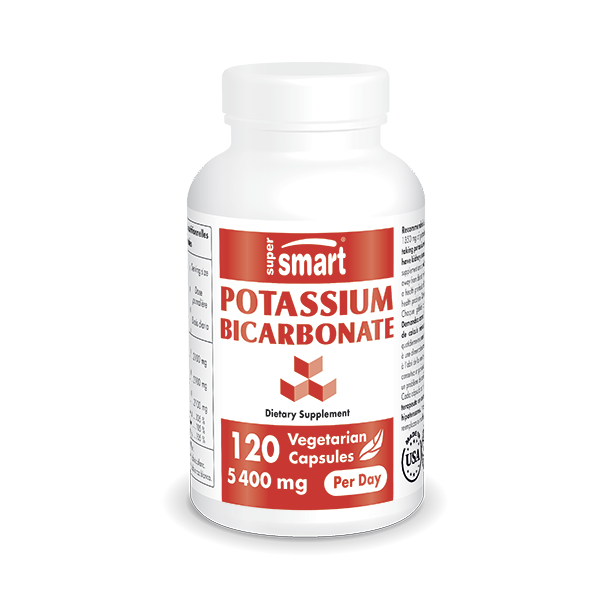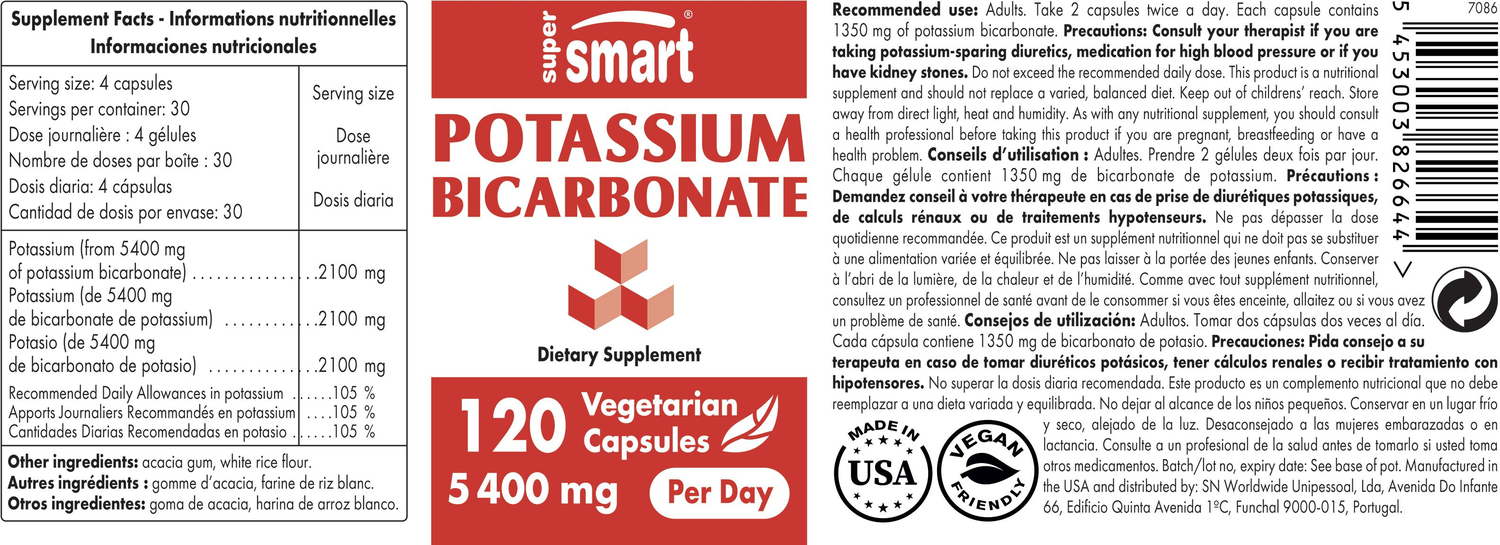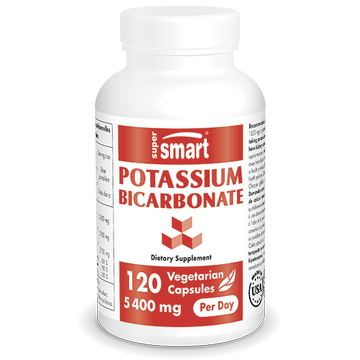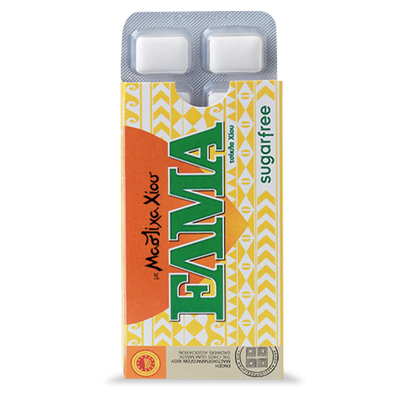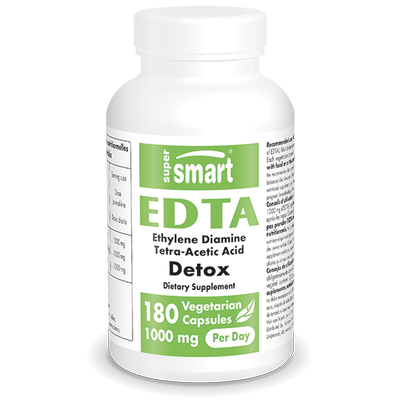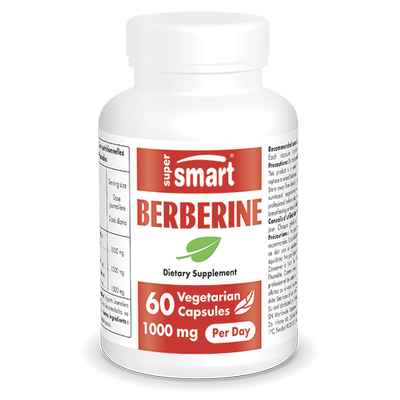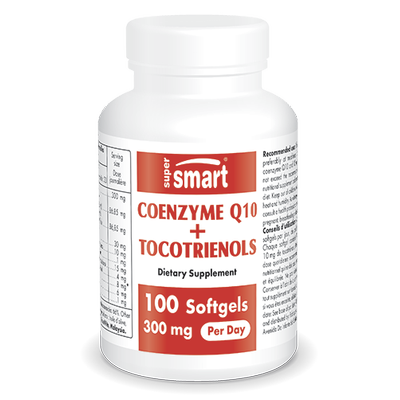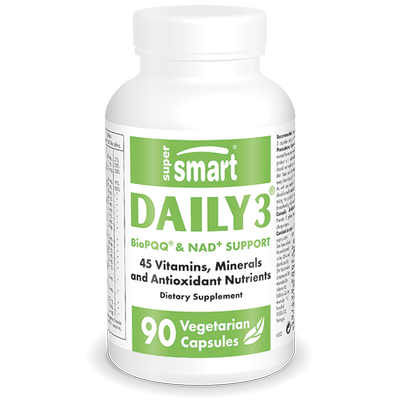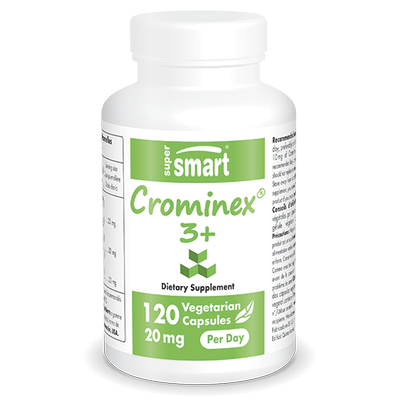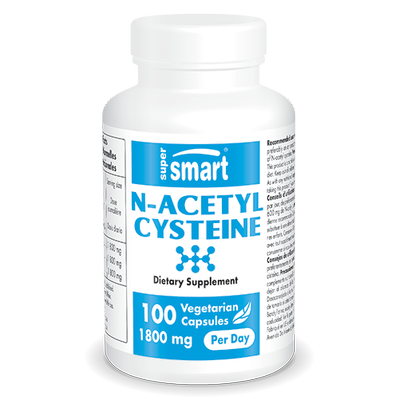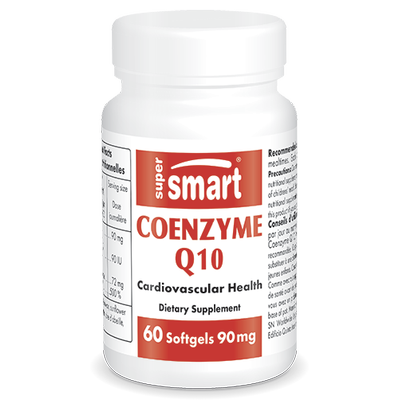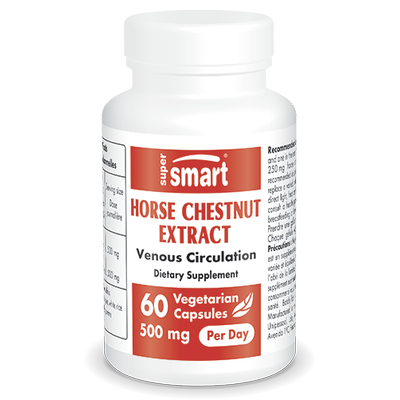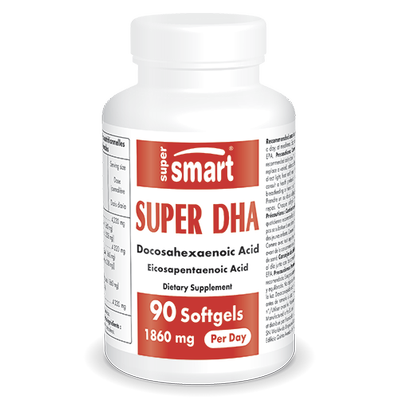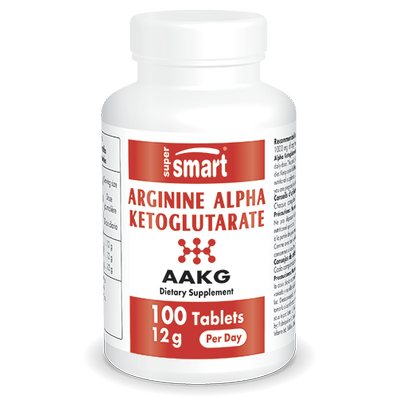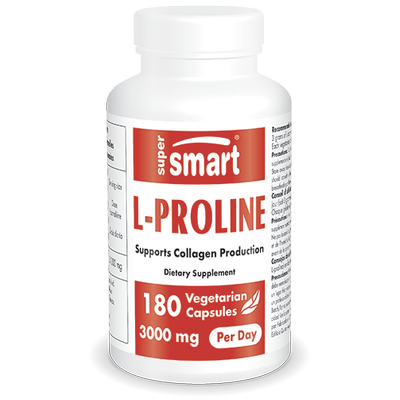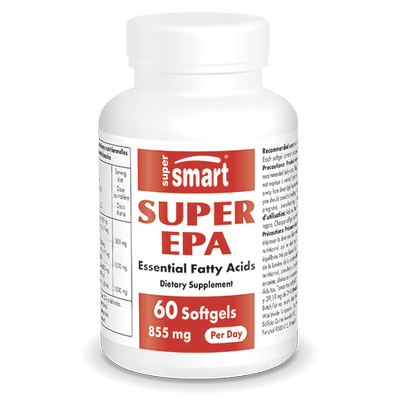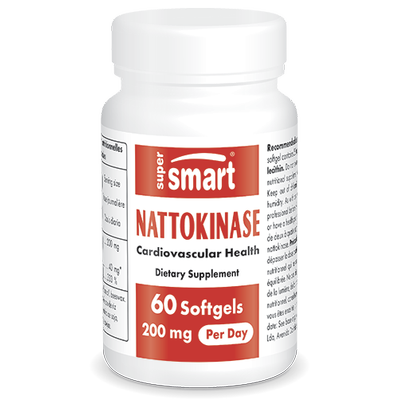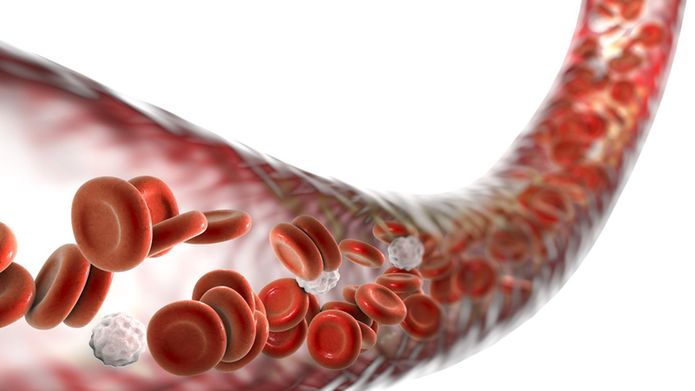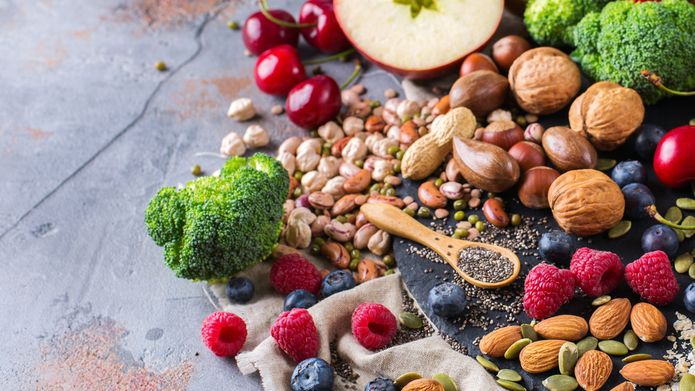Create your offer
Potassium bicarbonate, or potassium hydrogen carbonate (KHCO3), plays an essential role in regulating the acid-base balance in the body. A potassium bicarbonate supplement can restore blood pH within a relatively short time – two to three weeks – and combat the loss of dry mass from bones and muscles.
What is Potassium Bicarbonate?
Potassium is an element that plays an essential role in the body. Located in cells in the form of the potassium ion (K+), it is primarily involved in the regulation of cardiac function, neuromuscular excitation, and acid-base balance. Potassium is not naturally present in the body and must therefore be obtained from food.
Foods rich in potassium include fruits and vegetables, such as spinach, squash, and bananas. Various forms of potassium, including potassium bicarbonate, are available in supplement form.
What is the Difference Between Potassium Chloride and Potassium Bicarbonate?
The Office of Dietary Supplements lists several different types of potassium supplements. While a supplement may contain potassium citrate, potassium bicarbonate, potassium gluconate, or potassium aspartate, elemental potassium is the most important.
However, the bicarbonate and potassium relationship may offer some unique health benefits.
So, what are the differences between potassium chloride vs bicarbonate? Studies show minimal differences between the two, other than the fact that potassium bicarbonate decreases urinary calcium and creatinine ratios significantly more. So, if you are looking for the best potassium bicarbonate supplement to combat kidney stones specifically, potassium bicarbonate may be the better option of the two.
If you are attempting to choose between potassium chloride vs potassium bicarbonate, make sure you consider all the potassium bicarbonate benefits. If you have kidney stones, for example, it may make more sense for you to take potassium bicarbonate capsules rather than potassium chloride capsules.
Potassium Bicarbonate Benefits
Now that we have explained what potassium bicarbonate is and how it compares to other forms of potassium, the next question is: what is potassium bicarbonate used for?
- One study on older women showed that a high potassium intake is associated with a lower risk of stroke.
- The recommended daily serving is around 2,000 mg, ideally spread between the two main meals of the day, to help support bone mineral density and combat cardiovascular problems, age-related muscle loss, (uric-type) and even kidney stones.
- One study of 18 menopausal women over three weeks revealed the benefits of taking potassium bicarbonate supplementation on bone metabolism, demonstrating that it reduced bone resorption and increased bone formation while decreasing urinary calcium excretion.
- Potassium also plays an essential role in cardiovascular health. The US Food and Drug Administration (FDA) has recognized its benefits for heart pump function and regulating blood pressure.
- The Intersalt study, investigating 10,000 participants in 52 populations across 32 countries, demonstrated the effects of potassium on blood pressure. An increase in daily potassium intake from 1.17 g to 1.35 g was associated with a reduction in systolic pressure of 2-3 mm Hg.
- The famous DASH diet (Dietary Approaches to Stop Hypertension) is characterized by higher fruit and vegetable consumption, which also raises daily potassium intake, mainly in its bicarbonate form. Studies show there may be a link between potassium bicarbonate and blood pressure. In fact, one study demonstrated that potassium bicarbonate lowered systolic and diastolic blood pressure by 5.5 mm and 3 mm Hg respectively, after eight weeks.
Potassium Bicarbonate Side Effects
Is potassium bicarbonate supplementation safe? As shown above, the FDA approves the potassium bicarbonate structure for consumption, and studies have found several health benefits of potassium bicarbonate. The FDA also has no studies linking the substance to any hazards.
That being said, when looking at where to buy potassium bicarbonate, always do your due diligence to make sure the supplement you purchase is high quality, as efficacy and bioavailability can vary, depending on a supplement’s ingredients and how it is manufactured.
Additionally, potassium bicarbonate is a category C substance. This classification means that pregnant women, or those who are trying to get pregnant, should avoid potassium bicarbonate pills.
There is also no indication as to whether or not potassium bicarbonate supplementation can pass through breast milk, so lactating mothers should also avoid it until speaking with a healthcare professional.
While potassium bicarbonate health benefits speak for themselves, you want to do your own research before starting supplementation. Look into any potential potassium bicarbonate supplement side effects that could cause issues for you. And if you are currently taking any medications or suffering from a health ailment, you should talk to your health practitioner before taking any new supplements.
Why Supplement with Potassium Bicarbonate?
For several decades, scientists have studied what they believe could explain the rise in certain modern diseases linked to diet: acid-base balance. For the body to function properly, it must maintain a balanced pH level – not too acidic nor too alkaline – of between 7.34 and 7.45; i.e., slightly alkaline.
Acid-base balance largely depends on the acidic or alkaline elements of the diet. Acidic foods, such as cereals and proteins (especially animal proteins) provide amino acids that contain sulfur and/or phosphorus, and salt provides chloride ions. These minerals contribute to the body's net systemic acid load. Alkaline foods, such as fruits and vegetables (root and tuberous), provide alkaline potassium salts.
Until the end of the Paleolithic period, our prehistoric ancestors had a highly alkaline diet due to their very high potassium salt content (two to three times more than in today's diets), which easily neutralized the acids produced by the dietary metabolism. Modern diets, however, with their excessive meat, cheese, and salt-enhanced cereal content, are leaving our bodies awash with chronic acidosis.
This acidosis predisposes the body to:
- Muscle loss;
- Cardiovascular problems;
- Kidney stones (crystallization of uric acid);
- Bone and joint problems – if the diet is too acidic, the body draws on bone tissue to provide the calcium bicarbonate it needs to neutralize this acid load, which causes bone density to decrease and bones to become more fragile.
Potassium supplementation may be necessary when the diet is too rich in animal protein (meat, fish, eggs, or dairy products) and when the development of kidney stones and uric acid crystallization that accompany age-related decreases in kidney function become common. Athletes can also benefit from supplementation since they consume more than the average amount of protein and produce more lactic acid.
While most people buy potassium bicarbonate to regulate acid-base balance, it is possible to also take potassium bicarbonate for kidney stones and other specific health concerns.
april 12 2024
My Dr is happy with this product
april 9 2024
exploded when i opened the seal
february 22 2024
Good product but pricey
january 10 2024
Been using this product for years and very happy with this provider
october 14 2023
Needed for kidney stones to keep acidity down. Hard to find at a reasonable price elsewhere.
Need help?
Phone
+1 (786) 522-3907
From 9 am to 6 pm (EST)
You may also like
